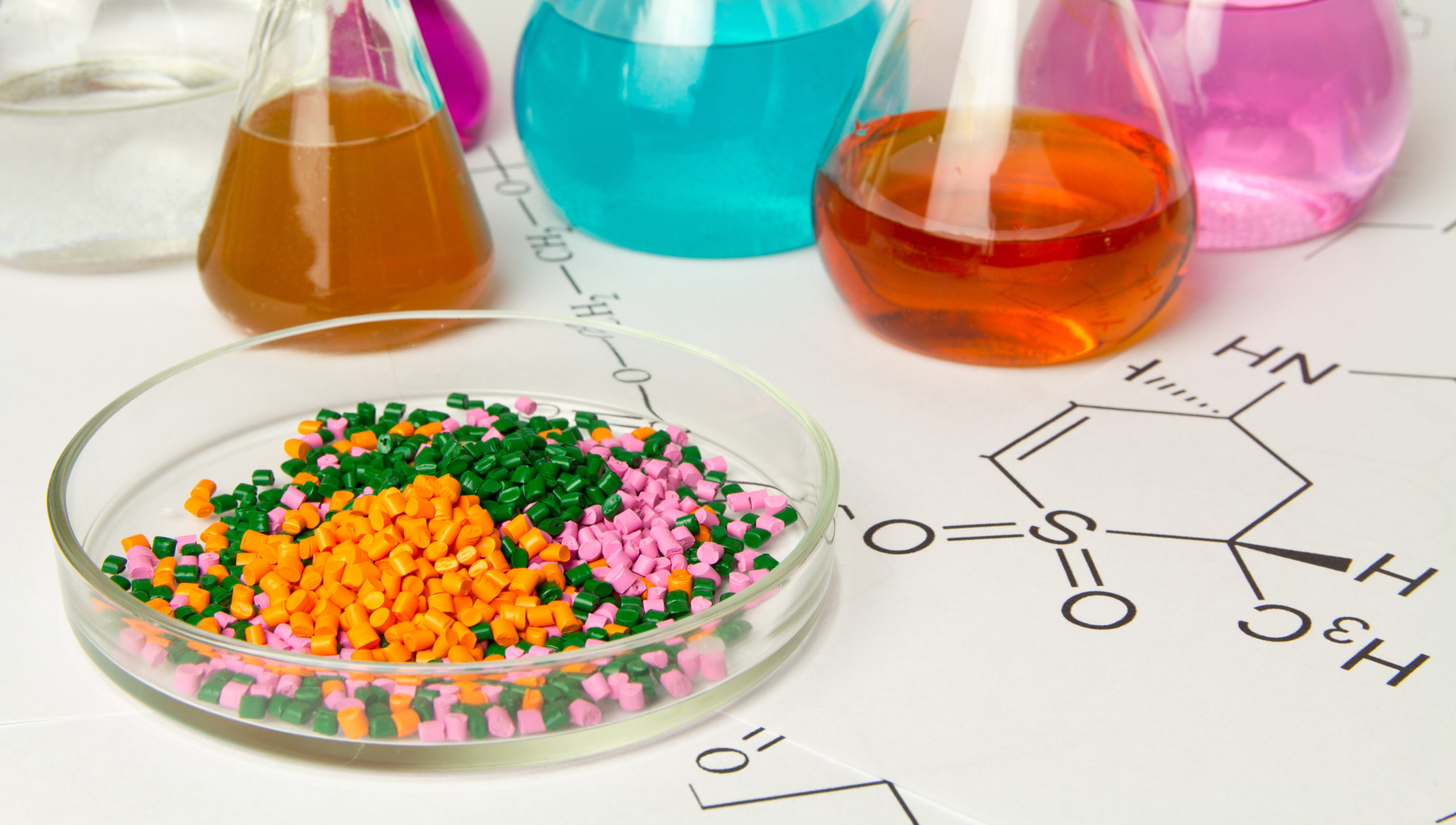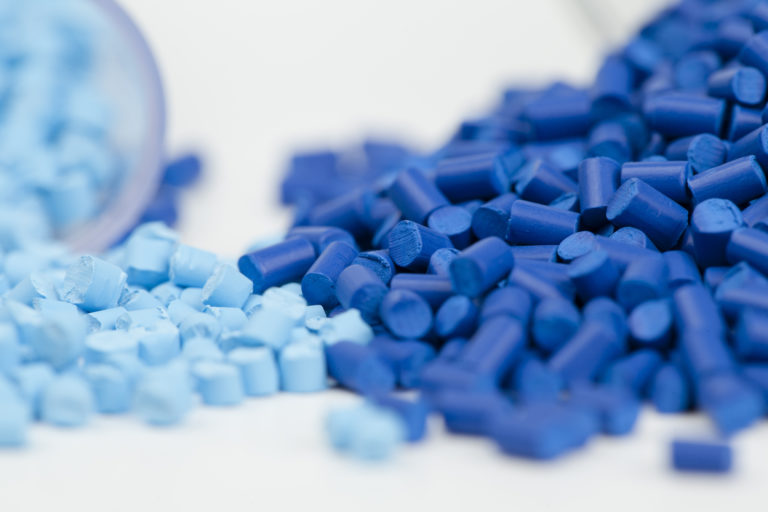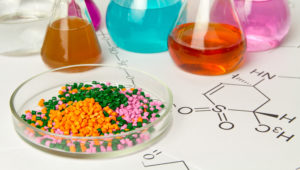There are a variety of reasons that manufacturers choose to use polymer additives. Additives have been added to polymers for ages, and as long as plastic is used, this practice will continue. These additives effectively reduce costs, extend the life of the material, reduce flammability, improve flexibility, and make processing simpler, among other benefits.

Enhancing Performance with Polymer Additives
Polymer additives play a crucial role in improving plastic materials’ efficiency, cost-effectiveness, and durability. These additives are essential for optimizing polymer performance across various applications, from enhancing processability to extending lifespan and ensuring safety. Below, we explore the key benefits of incorporating additives in polymer production, including improved processing, cost reduction, extended longevity, and flame retardancy.
Improved Processing
Additives are often used to improve the processibility and processing characteristics of the material. For instance, internal and external lubricants are often added to make processing more efficient. The internal lubricants, such as fatty ester and waxes, improve polymer flow properties and mold filling by reducing friction. External lubricants such as metallic soaps and fatty acids are used to reduce the friction between the plastic and the manufacturing equipment. Molding agents, such as silicone oils and graphite, can also be used to assist with release from the mold. Without some or all of these additives, the manufacturing of polymers would be much less efficient.
Lower Cost
Polymer additives are used to decrease the cost of manufacturing additives. Fillers, also known as extenders, are additives that add bulk to the polymer, effectively reducing the volume of base polymer consumed, therefore reducing costs. Minerals, such as calcium carbonate, silica, glass fibers, and carbon black can all be used as extenders. Fillers often act to enhance stability and moldability.
Extended Life Span
Like most materials, plastics are prone to degrading over time, especially when routinely exposed to high temperatures, UV light from the sun, and oxygen. This degradation takes many forms, including brittleness, discoloration, and loss of physical properties that reduce the plastic’s life span. To reduce plastics’ degradation, stabilizers can be added to the polymer. For instance, UV stabilizers and stabilizers with antioxidant additives can be used to protect plastics from these issues.
Flame Retardants
Flame retardants are a popular and necessary additive for many plastic applications. This type of additive can delay or slow down combustion. Polymer additives are especially common in electrical products to avoid igniting and burning plastics.
Phoenix Plastics Can Provide You with the Polymer Additives You Need
The additives used in the formulation of polymers are unique to each customer and their use. If you are looking for high-quality polymer additives that will perform as expected, Phoenix Plastics would love to help! Since 1996, we have provided our customers with the necessary additives. Phoenix Plastics has over 200 products and a wealth of experience.







